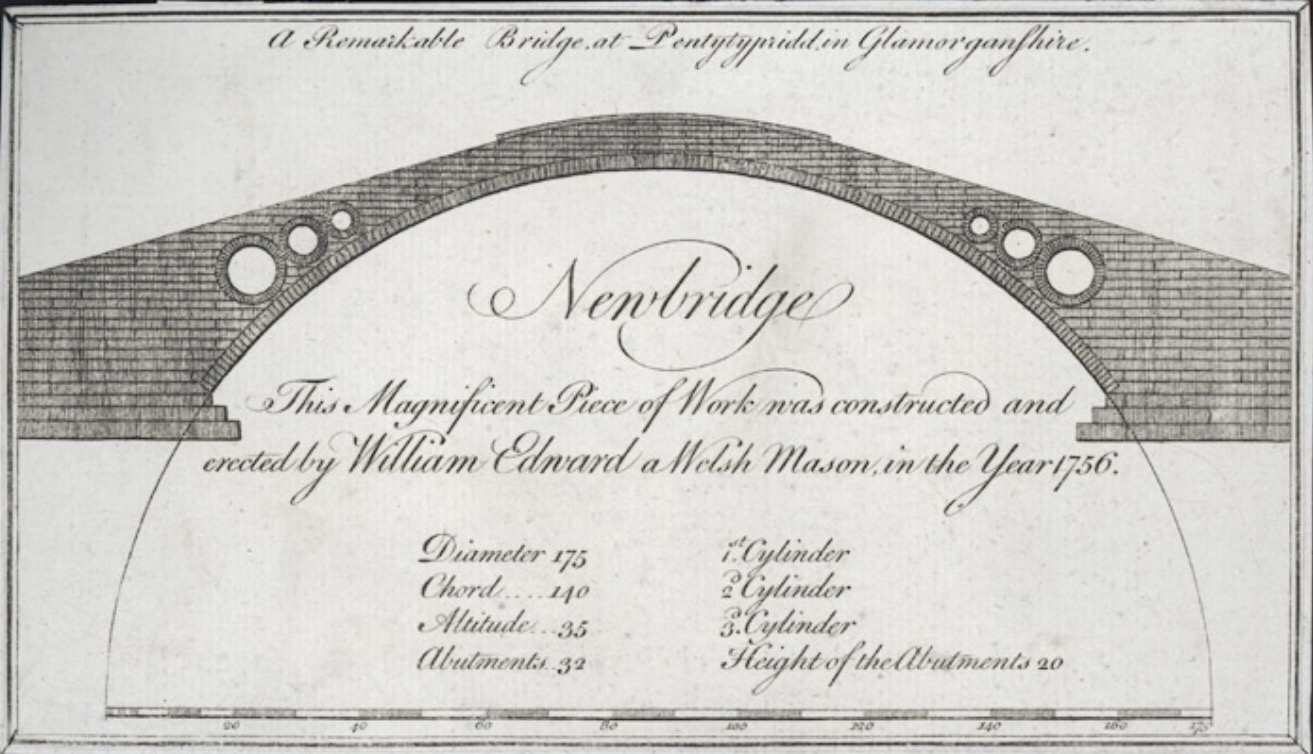This is all about the persistence of identity, at an individual human and organisation wide level. Something beautifully illustrated by; The Ship of Theseus, Triggers Broom, your Grandmothers Axe and dozens more examples you can explore here on TV Tropes, Theseus’ Ship Paradox.

Source: https://knowyourmeme.com/photos/2160540-captcha
The new boss completely changed their identity*…in 6 months! I’m always a bit intrigued when I hear about this sort of thing. Especially when it relates to organisations of hundreds / thousands of people that have been around for decades with their own specific identity. How on earth has one person pulled off this Herculean task and changed the identity of such a big beast so quickly? That’s the stuff of ancient myths, surely…
The Ship of Theseus. This is really ancient stuff. Written around 2,000 years ago by the Greek Philosopher Plutarch. It describes what has been used by people as a ‘thought experiment’ ever since. The basic gist:
- Theseus, a young man from Athens, sails to Crete where he kills the Minotaur – a terrifying half bull, half man that had been terrorising the locality.
- He returns to Athens on the ship, becomes King and goes on to do other amazing things.
- The people of Athens are so grateful to Theseus that they decide to preserve the ship he returned on and re-enact the journey every year.
- This happens down the generations for about a thousand years.
- As the ship is mostly wooden, over time parts deteriorate.
- What the Athenians do is replace the old parts, planks etc, with new ones to keep the ship afloat.
- Eventually, there comes a point in time when none of the parts on the ship are original.
- Theseus has never set foot on the ship, but it maintains it’s original identity as the Ship of Theseus.
There has been a huge amount of debate about this topic over the last 2,000 years (have a look at the TV Tropes link above). If you want to dig a bit deeper I recommend this from The Marginalian (formerly Brain Pickings) The Ship of Theseus: A Brilliant Ancient Thought Experiment Exploring What Makes You You. Alternatively you can jump straight to the TED-Ed video, ‘Who am I?’ by Amy Adkins.
Replacing a few ‘planks’. Back to where this started, how can changing the boss of an organisation change it’s identity? If you stick with the arguments in the Ship of Theseus example, the identity of the organisation is likely to remain persistent for a long, long time. It’s all linked how we retain our own individual identities.
Why wouldn’t it be the same where lots of us are grouped together? Communities, villages, towns and cities seem to maintain their identities over time (generally). Why would it be any different for an organisation?
Obviously, I do recognise that things like mass migration (in or out) and other catastrophic/large scale events can, and do, change the identity of a community, village, town or city.
But what I’m talking about here is, in reality, fairly marginal stuff; on the scale of a few ‘planks’. And yes, new bosses often bring a few other ‘planks’ along with them as part of the frequently seen ‘shake up’ of the senior team. But at the end of the day that is still just a ‘few planks’. The opportunity to ‘change identity’ is limited, no matter what their LinkedIn profile says about their mythical powers to ‘drive transformation’.
One of the articles I read about the Ship of Theseus says something along the lines of; as long as there is some sort of continuous connection between the old and new, the Ship of Theseus identity will persist. The scale and nature of this connection is of course the topic of philosophical debate – not something everyone finds interesting. What I would suggest though, is that it’s going to be a challenge for any new boss trying to ‘eliminate’ the old identity and build one in their own image. A Herculean task…
Finally, Identity, not the C Word* I’ve deliberately focused upon identity here, and not mentioned culture. That’s because we all know that culture is an emergent property of complex human systems and not something you can ‘drive’ through road maps and a project plan (subject of a future post). Also, I didn’t want to muddy the waters.
So, What’s the PONT?
- Our identity, who we are, is pretty persistent. It tends to stick with us over long periods of time. If that’s true for us as individuals, why not for groups of individuals in an organisation?
- The Ship of Theseus (and dozens of similar examples) illustrate how identity can persist when ‘everything’ has changed, several times. Trigger’s Broom was still Trigger’s Broom after 17 new heads and 14 new handles.
- Swapping a few planks in an organisation of 100’s/1,000’s of people, with an identity that has persisted over decades, is unlikely to change that identity. No matter how mythical their powers.

Leave a reply to WhatsthePONT Cancel reply